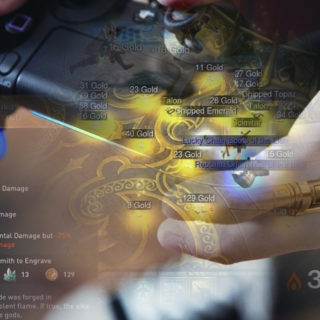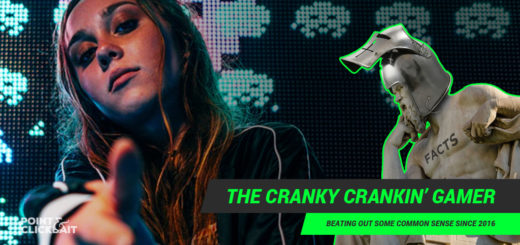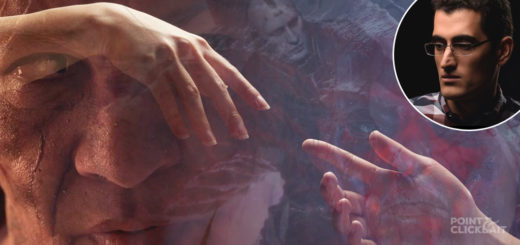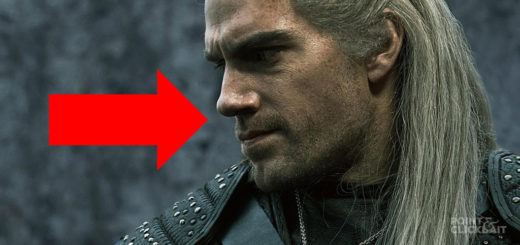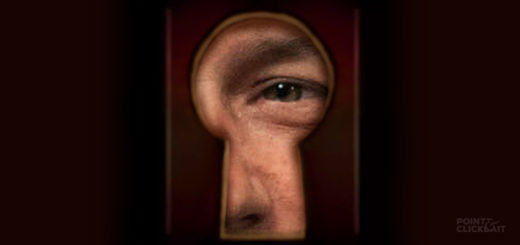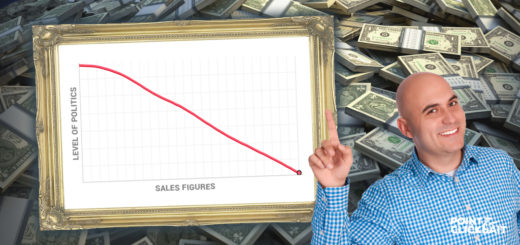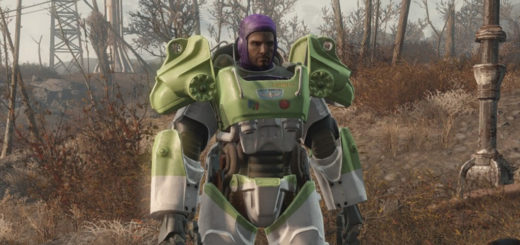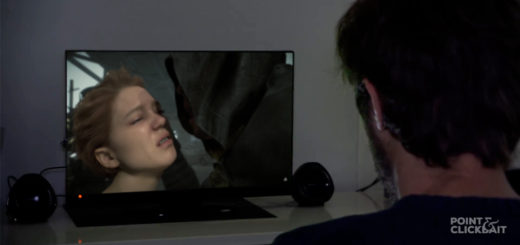Real-Life Superhero: Meet The Only Gamer Who Knows Whether Something Is Really “Journalism” Or Not

In our post-truth age, it can be all too easy to get lost in a sea of lies, bias, and if you’re not careful, lying bias. Gamers who once relied on trustworthy, hard-hitting journalism to help them make informed choices are now lost in a sea of SJW propaganda, impossible to navigate or understand.
Fortunately, local hero Phil Greene is here to help. This keen gamer possesses an almost supernatural ability to know exactly when he’s reading real journalism, and when he’s reading one-sided cultural marxism.
His insights are so reliable that many gamers and game journalists alike now make pilgrimage to his unassuming home in the suburbs, seeking his guidance on what they are reading and writing. For Greene, however, it all started during what he calls his “origin story”.
“Every hero has to have one,” says the unassuming Greene. “I didn’t start this way. Before the accident, I was just like everyone else… reading places like Kotaku, Polygon and stuff, thinking it was journalism. I was so foolish.”
He chuckles wryly and rubs at a scar on his hand. “Then this happened.”
To hear Greene tell it, his accident came about when he was distracted reading a games journalism article on his phone, and thoughtlessly jammed his fingers into the PlayStation 4 disc slot.
“It just shocked something to life within me, it just gave me this incredible power” says Greene. “The veil was pulled from my eyes. If I hadn’t been distracted reading about feminists or whatever, that would never have happened. It’s that simple.”
Now, Greene is determined to use his powers for good. Tens of his Twitter followers tune in hourly as he provides his unsolicited advice to total strangers, who would otherwise be certain that their work is journalism and their experience matters.

I met up with Atticus Adams, one of the people who has struggled to find his place in a world where objective truth can be so easily dispensed. Adams toys with his coloured hair as we speak, clearly uncomfortable.
“I’m not allowed to call myself a journalist anymore, after Phil revoked my license,” he said angrily, stirring his soy kombucha latte with a dainty hand unsoiled by honest labour. “You can just refer to me as a ‘writer’, I guess.”
Adams opened his expensive Macbook and showed me the latest ‘article’ he was working on. He had to minimise a text adventure of some kind to bring up the document, flashing me a brief, embarrassed smile.
“I just wish there was a better system,” Adams continued. “You work hard for six months, speaking to dozens of different sources, exhaustively researching the subject… and then Phil turns around and tells you it isn’t journalism. And that’s that! You’re done!”
Other ‘game writers,’ speaking under condition of anonymity, corroborated Adams’ frustrations. One writer in particular said that Phil’s presence had really helped to “streamline” possible journalism topics.
“Thanks to Phil, we now know that things like racism, sexism and stuff just aren’t journalism,” they explained. “His memorandum on ‘politics shit’ was very clear.”
“In a way, it’s been really helpful. In another, much more real way, of course, it’s been terrible.”
Greene, however, is unrepentant. Despite receiving constant pleas from the editors of websites like Waypoint, PC Gamer, and “the rest of em,” this absolute arbiter says his iron judgement is necessary.
“The industry is changing, pretty much by the hour, or sometimes twice an hour if I’m really hung up about something,” says Greene. “In a constantly shifting landscape like that, you need a solid anchor.”
“I’ve been given these powers for a reason,” Green told Point & Clickbait. “I know that now. I can help these people.”


